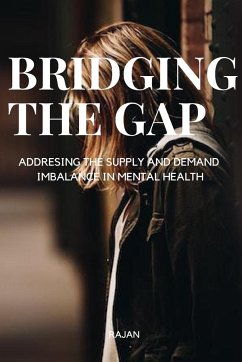Economic development is the ultimate goal of any economy. Economic development includes not only increase in gross domestic product (GDP) or increase in availability of goods and services, but reduction in income inequality, increase in standard of living of masses, increase in the level of education and improvement in health status of the population. For a long time increase in health status was basically understood in terms of increase in life expectancy at birth (LEB) and decrease in infant mortality rates (IMR). In the development literature, it was understood that economic growth leads to a rise in per capita income which enables a population to afford better healthcare services, and provide greater access to improved water and sanitation facilities, all of which have a positive impact on infant and child mortality and life expectancy. However, health was not considered as an important input influencing economic performance of a country. Research on economic growth was solely focused on the role of physical and financial capital, and labour force. The latter was basically seen in terms of its skill levels and efficiency, which are, no doubt, of extreme importance in the light of rapid changes in technology, especially since the formation of World Trade Organization.








